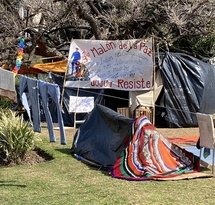
To realise the energy transition, large quantities of minerals and metals such as lithium, cobalt and rare earth metals are needed. These raw materials are mainly extracted in countries in the global South, and unfortunately this is almost always accompanied by human rights violations and environmental destruction. Today – also in light of EU Raw Materials Week that is happening this week – Argentinian organisation FARN and Both ENDS publish a joint report on the extraction of lithium in Argentina.
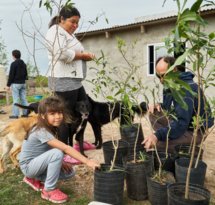
Even a region like the South American La Plata Basin, known for it's majestic rivers and wetlands, is struggling with drought. A group of organisations united in the Wetlands without Borders network strive to turn the tide.
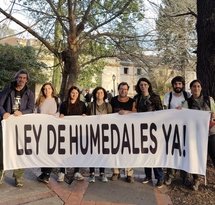
In Argentina, the wetlands of the Paraná Delta are burning. The fires, caused by human activity and aggrevated by climate change, clearly show the wetlands need protection. The Argentinian organisations that form part of the Wetlands without Borders programme are therefore calling for a strong "Ley de Humedales", a Wetlands Law.
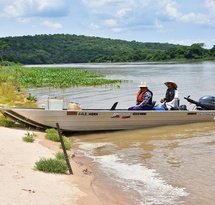
The new year has barely begun but already record high summer temperatures are being reported in parts of South America, especially Argentina, Paraguay and Southern Brazil. The latest heatwave, with temperatures of up to 45C, arrives on top of two years of severe drought which had a devastating effect on the entire region. It is a painful reminder of the immediacy of climate change and emblematic for what happens when vital ecosystems are not protected and for the catastrophic consequences as much on already endangered wildlife as on the local communities who depend on them for their livelihoods. One of the most affected areas are the regions wetlands – unique ecosystems, which are crucial ecological pressure points, vital for the regulation of river systems and huge carbon sinks. Their loss not only has ecological impacts but affects thousands of local communities which depend on their health for fishing, tourism and local agriculture. The threat to them by for example droughts and fires, can be directly linked to the large-scale production of soy, produced mainly for export. This in turn means responsibility for what is happening in the region needs to be acknowledged and shared by leaders around the world, and especially large importers such as the Netherlands.
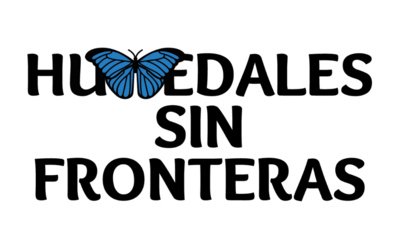
The Wetlands without Borders programme aims to preserve the biodiversity of the La Plata Basin and the sustainable livelihoods of its communities. Preservation of the La Plata Basin is essential for protecting the region from flood and drought, and preserving the quality of life of its inhabitants. Click here for the programme's website and for the latest information.
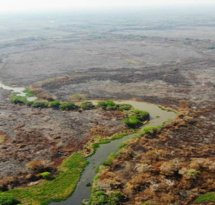
The Pantanal, the world's largest freshwater wetland, is suffering exceptionally devastating forest fires, mostly caused by human activities. Over the past few months, an area as big as Northern Ireland has burned down. Both ENDS's partner organisations call for attention for this ecological and social disaster.
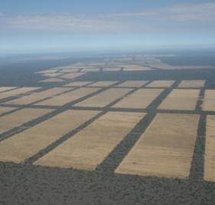
The rising demand for soy is having negative consequences for people and the environment in South America. Both ENDS reminds Dutch actors in the soy industry of their responsibilities and is working with partners on fair and sustainable alternatives.
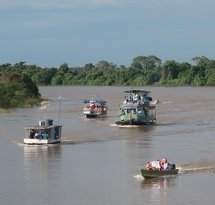
The South American La Plata Basin is the largest freshwater wetland in the world. Monoculture, ranching, mining and infrastructure projects are among the many threats to the wetland system, its forests and rivers, and the livelihoods of the many people who depend on them. Our partners in the region work tirelessly to preserve the basin.